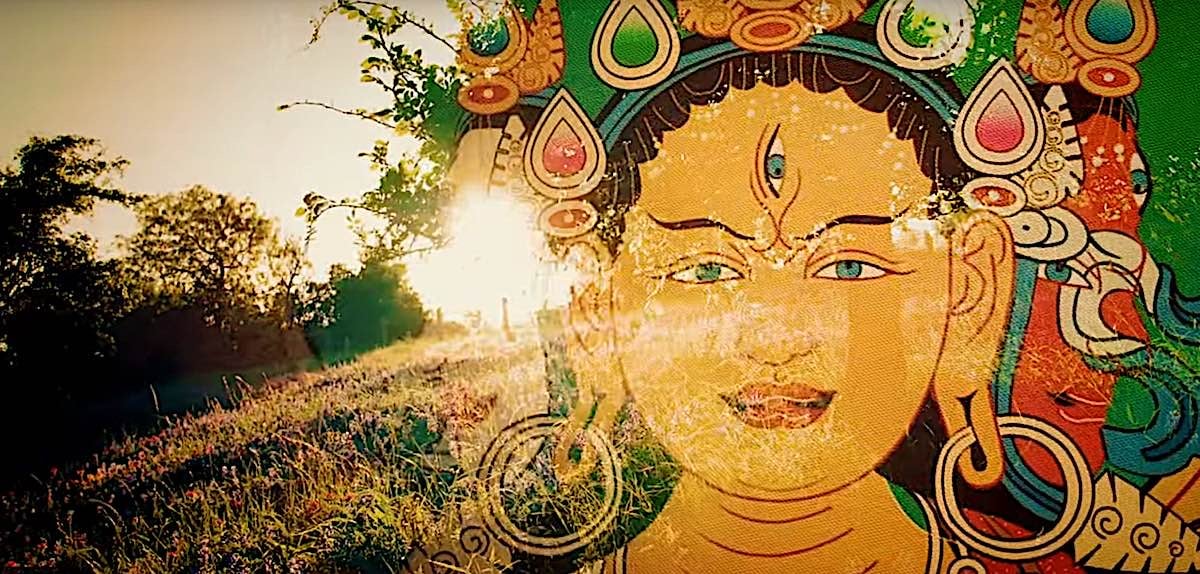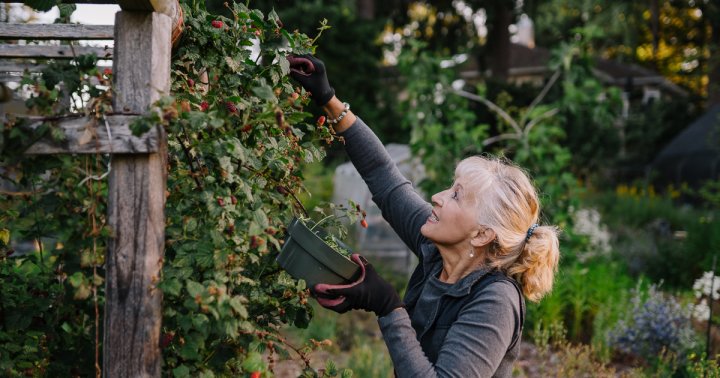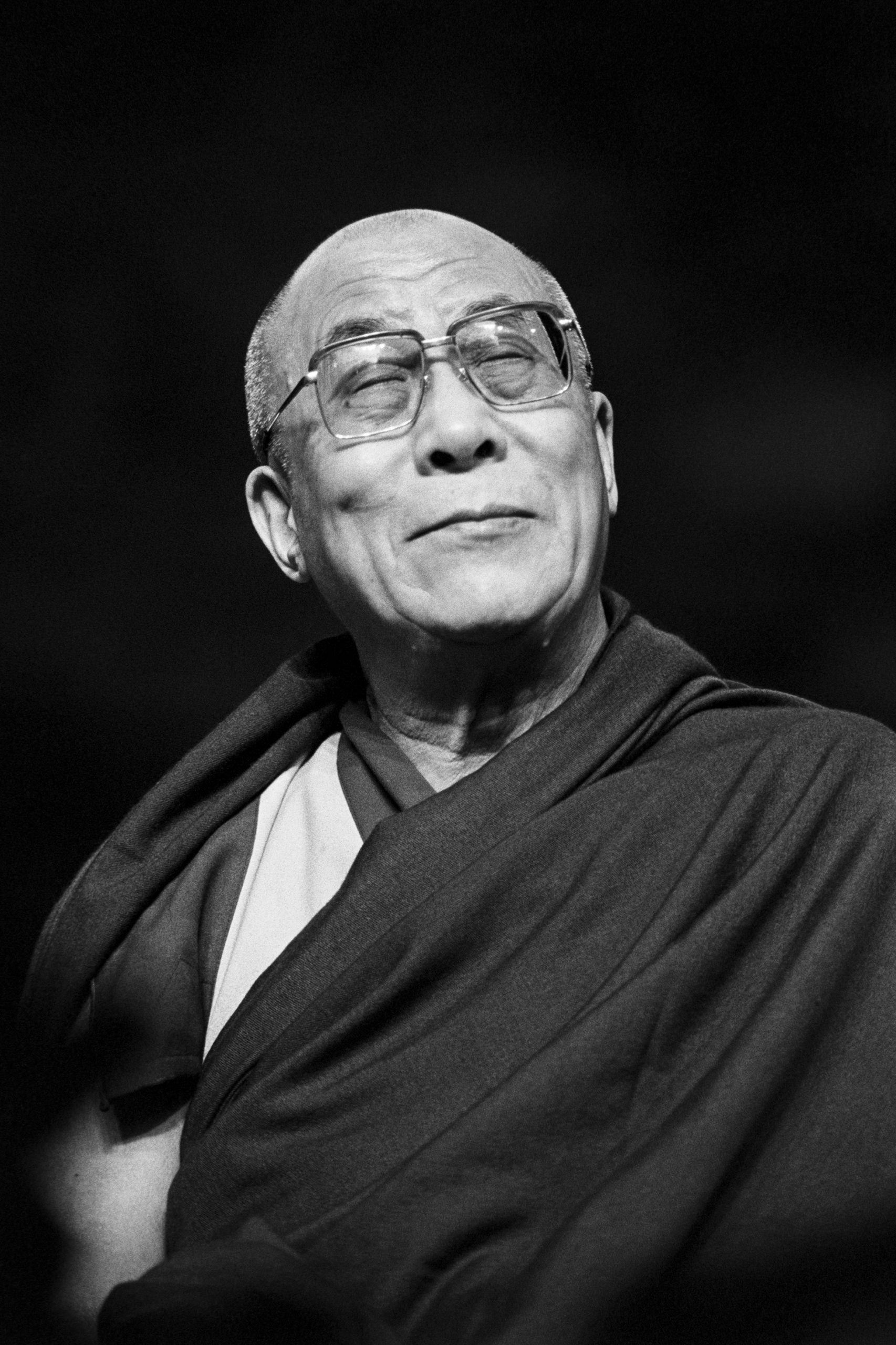Shechen Rabjam Rinpoche to offer teachings in New York and Colorado on US Tour
Shechen Rabjam Rinpoche, the spiritual heir and grandson of Dilgo Khyentse Rinpoche, will visit the US this fall to offer teachings in New York, Colorado, and Montana. The post Shechen Rabjam Rinpoche to offer teachings in New York and...

Shechen Rabjam Rinpoche, the spiritual heir and grandson of Dilgo Khyentse Rinpoche, will visit the US this fall to offer teachings in New York, Colorado, and Montana.

Shechen Rabjam Rinpoche
Shechen Rabjam Rinpoche, the spiritual heir and grandson of Dilgo Khyentse Rinpoche, will embark on a US tour in September and October 2023 with events scheduled in both New York, Colorado, and Montana. Rabjam Rinpoche is a major holder of the Nyingma teachings of Tibetan Buddhism. He serves as the supreme abbot of Shechen Monasteries and Nunneries and is the seventh in the succession of Rabjam Rinpoches.
On October 2, 2023 Shechen Rabjam will teach on a text by Dilgo Khyentse Rinpoche on the essence of meditation and the view of open awareness at the SVA Theater in New York City. Naropa University and the Ri-mé Society will then host Rabjam Rinpoche for three teaching events spanning October 14 to 21, 2023. Registration information can be found on the Naropa University website. Details of other US events with Rabjam Rinpoche can be found on the Shechen website.
Below, read a teaching from Rabjam Rinpoche on the importance of living the dharma.
Awareness and Life
Shechen Rabjam Rinpoche emphasizes the importance of integrating the Dharma into everyday life. Doing so allows us to test our practice and use all of life’s circumstances as opportunities for spiritual growth.
Whatever we have experienced or whatever understanding we have from reading Dharma books or listening to teachings, we always need to implement them in our daily life. No matter what you do, even if it is going to parties or social gatherings, do not forget the teachings and the practice. Always mingle your life with the Dharma.
Of course, we have our meditation sessions when we sit and practice, but it is essential to remind ourselves again and again to blend the Dharma into our daily lives. Otherwise, the practice and understanding of the teachings like the suffering of samsara and so on may only happen during the time we practice. If we only have a very worldly focus without contemplating these things, our practice and our daily life will go in separate ways.
If everything is perfect, if everything is fine, then there is no way we can test our practice.
It is imperative that, no matter what the circumstances are, whether it is good or bad, each and every circumstance should be used as a means to enhance our spiritual practice.
Whatever pleasant circumstance we experience and engage in, we shouldn’t get too attached or “stuck” to it. Similarly, if we find ourselves in an unpleasant situation, we need to reflect upon action, cause, and effect, and realize that this is none other than the awaking or ripening of our previously engaged negative actions. It is beneficial to keep a cool attitude no matter what circumstances we find ourselves in.
When we examine the nature of phenomena it is quite clear that, if we investigate their true nature, there is nothing substantial or endowed with true reality or true existence that we can find. If we analyze any object according to the logic of Madhyamika and deconstruct this object into its parts, we realize that it is really devoid of intrinsic existence.
We realize that all the attributes that we attach to phenomena, like being beautiful or ugly, pleasant or unpleasant, never really belonged to the phenomena themselves as intrinsic characteristics but are just projections of our mind and concepts. For these reasons, see phenomena as being like a dream or like a delusion, or something that appears yet is devoid of intrinsic solidity like a rainbow in the sky.
In the beginning we must implement lots of analysis and ideas in order to achieve some kind of understanding of emptiness. At the end, we have to let go of that method. In a teaching it says that rubbing two pieces of wood together can spark a fire. Just like the fire that consumes all the wood that created it, we should not cling to the concept of emptiness.
Dilgo Khyentse Rinpoche used to tell us, “Always watch your mind, no matter what you are doing. Always try to keep that in your mind. Always be aware.” This is very important. Without that we get completely distracted, not realising what thoughts are arising.
After having received the introduction to mind from our teacher, it is imperative that we simply remain within that awareness, no matter where we are. For example, while waiting for a plane in an airport, we can rest within that awareness. There is nothing to focus upon, there are no deities or mantras, etc. We just simply rest within awareness itself. It is imperative that we just simply remain in this awareness.
If you see something that looks quite nice, then just simply observe it. Do not allow yourself to fall into ordinary confusion. “Oh, it looks like this,” “it doesn’t look like that,” “I wonder how much it is,” and so on. Avoid solidifying and then adding to the object. Avoid falling into it even for an instant. Just be aware.
How to do that? Rest your mind — not too loose, not too tight. There is nothing really to fixate or focus upon, not even a tiny bit of an object of focus. Just be aware. Without fabricating, without doing anything. This is a very important point to remember. Whatever you do, always be aware. It is not that one practice is better or another practice is less effective. It is not about how ‘high’ the practice is, it is more about how you practice.
As Khyentse Rinpoche mentioned time and time again, if we have genuine faith and devotion, then we will naturally be liberated. We will naturally make progress towards the state of complete and perfect awakening. This can be achieved simply through the force of our faith and devotion, like a boulder rolling down the side of a mountain.
The crucial thing is that we are ready when we encounter death, or death comes. The purpose of practice is that when we die, we have confidence; “Okay, I’m ready,” — that is what is most important. So, even if we memorized hundreds of texts and intellectually understand them and we can debate and defeat everybody, if we are not prepared when death comes, then the practice did not go properly.
One good thing about living a worldly life is that we face many challenges. If everything is perfect, if everything is fine, then there is no way we can test our practice. If you face challenges, then you will know how your practice is going.
A good practitioner should also be a good human being. So, as has been mentioned, at all times and in all situations, we need to engage in positivity and avoid negativity. Then, whatever positivity we have created, be it the most excellent means of offerings (like the offering of our practice), or the offering of service, or the generosity of offering material substances, whatever it is, when we are engaged in it, the merit of that offering should be dedicated towards the welfare of all.
Try to maintain the recognition that all thoughts and emotions are the play of primordial nature, or the dharmakaya. They arise within it and dissolve back into it. When we recognize this, no matter what mental event arises, we see it rising from the dharmakaya and dissolving back into it. Once we recognize that thoughts never have come into existence, remain, or cease, they will no longer trouble us. Whatever arises will naturally be freed because we see its primordial nature.
The article was excerpted from talks Shechen Rabjam Rinpoche gave at the Shechen Seminary in Bodhgaya, India. Translated by Ven. Sean Price. Compiled and Edited by M. Lama.

 KickT
KickT 






























